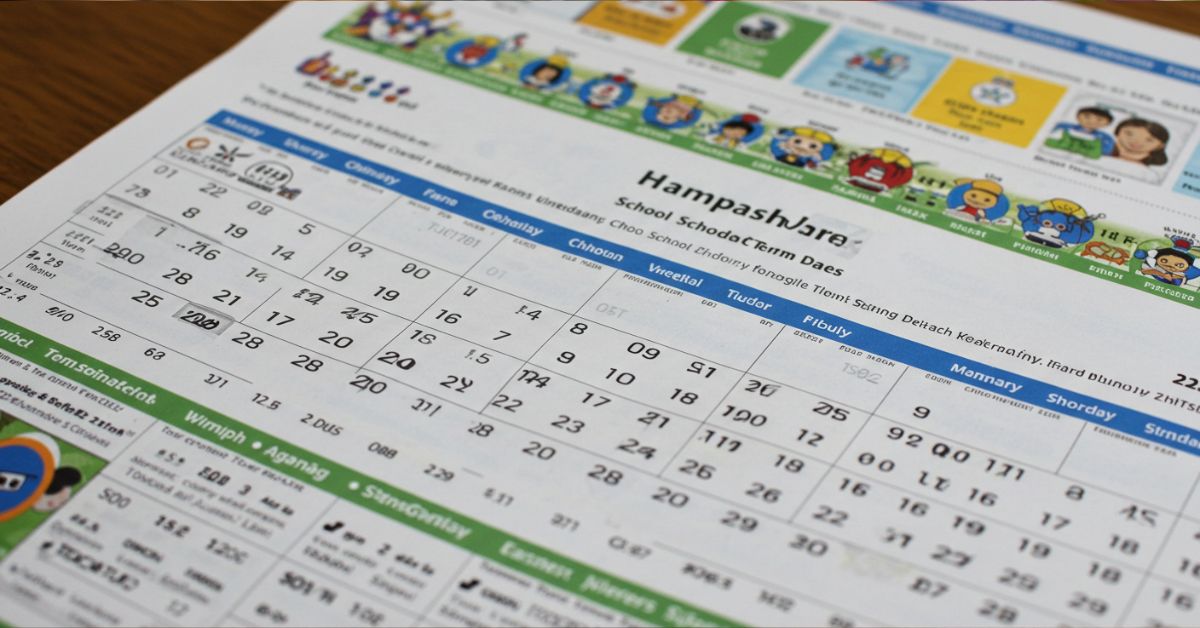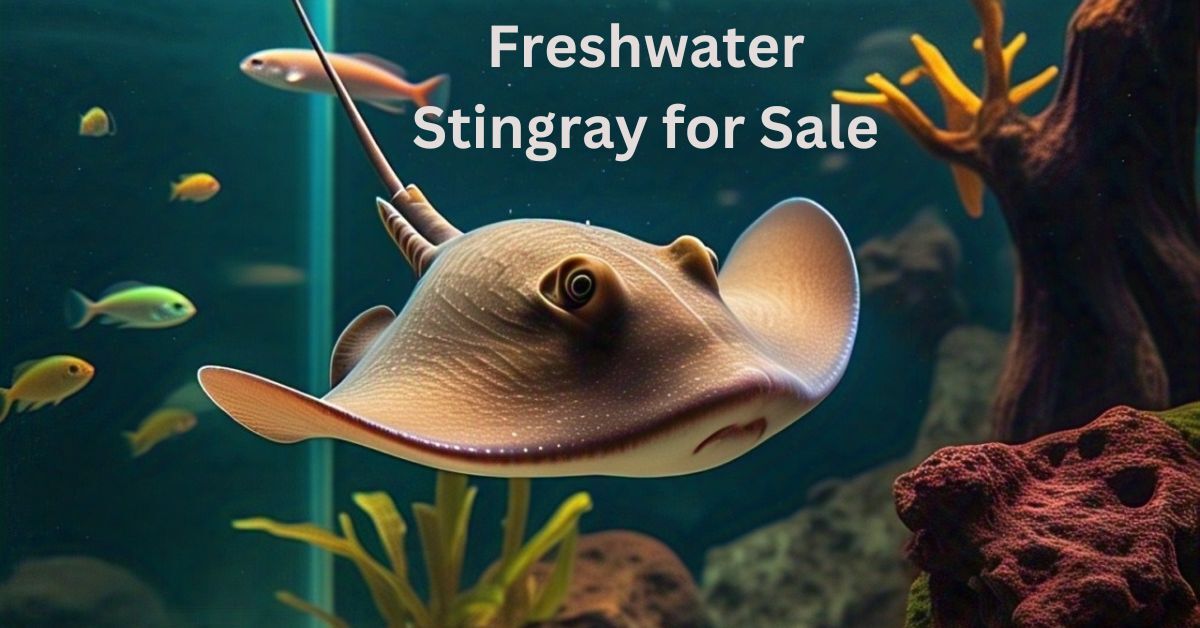Are you thinking about adopting a raccoon? The idea of bringing one of these mischievous, intelligent creatures into your home might seem appealing. However, before you type “raccoon for sale” into your search engine, it’s essential to understand the full scope of the responsibility and legalities involved. In this comprehensive guide, we’ll explore everything you need to know about purchasing a raccoon, the legalities surrounding their sale, and the pros and cons of adopting one as a pet. We’ll also provide a helpful comparison chart to assist in your decision-making.
What Is a Raccoon?
A raccoon (Procyon lotor) is a small, nocturnal mammal native to North America. They are easily recognizable by their distinctive black “mask” of fur around their eyes and their bushy ringed tails. Raccoons are highly adaptable animals that thrive in a variety of environments, from forests to urban areas. Known for their dexterity and problem-solving skills, raccoons can open doors, unlock cages, and rummage through trash bins with ease. While these traits make them fascinating, they can also make them challenging to handle as pets.
Why Are People Interested in Raccoons as Pets?
Raccoons have become popular as exotic pets due to their intelligence, playful nature, and cute appearance. Many people are drawn to their ability to mimic human behavior, such as playing fetch or even using a litter box. Their curiosity and inquisitive nature can also be endearing to owners. However, as charming as they are, raccoons are wild animals, and owning one requires careful consideration.
Is It Legal to Buy a Raccoon?
Before searching for “raccoon for sale,” it’s crucial to understand the legal considerations. The legality of owning a raccoon as a pet varies depending on your location. Many states in the U.S., as well as other countries, have strict laws regarding the ownership of wild animals. These laws are in place to protect both the animals and the public from potential risks.
Legal Considerations for Owning a Raccoon
1. Permits and Licensing: In some areas, you may need a special permit to own a raccoon. These permits are often issued by state wildlife agencies or local authorities. The process may involve providing proof that you can meet the needs of the animal and that you are not a danger to public safety.
2. Wildlife Regulations: Some states or countries prohibit the ownership of raccoons due to their status as wildlife. This is especially true if the raccoon has been captured from the wild. In these areas, buying or selling raccoons may be illegal.
3. Health and Safety: Raccoons are known carriers of diseases such as rabies, leptospirosis, and parasites. For this reason, health regulations around the sale and ownership of raccoons are stringent. Pet raccoons are often required to be vaccinated and undergo regular health checks.
4. Exotic Pet Laws: In certain places, raccoons are classified as exotic pets, which means additional rules and guidelines may apply. Some regions may restrict exotic pet ownership to licensed professionals or require specialized enclosures and care.
Also read this post: Newborn Kittens vs Newborn Puppies: An In-Depth Comparison
How to Check If It’s Legal in Your Area
Before making a decision, research local wildlife regulations or consult with your state’s wildlife agency. If you’re planning to adopt a raccoon from a breeder or a rescue, ensure that they are operating legally and that the raccoon has been raised in a controlled environment.
What to Consider Before Buying a Raccoon
Even if it’s legal to buy a raccoon in your area, there are several important factors to consider before you bring one home.
1. Space and Enclosure
Raccoons are highly active animals that require a significant amount of space. They need room to climb, explore, and play. A standard home or apartment is not ideal for a raccoon. If you live in an urban area, you may need to invest in a large, secure outdoor enclosure or create an indoor space that mimics their natural environment. Make sure the enclosure is escape-proof, as raccoons are known for their ability to break out of cages.
2. Time and Attention
Raccoons are social creatures that need plenty of interaction and mental stimulation. If you’re considering a raccoon for sale, think about how much time you can devote to your pet. A neglected raccoon may develop behavioral issues such as aggression, destructive tendencies, or excessive vocalization. Raccoons also tend to be nocturnal, meaning they are most active at night, which could affect your sleep schedule.
3. Dietary Needs
Raccoons are omnivores and require a balanced diet consisting of fruits, vegetables, nuts, seeds, and small amounts of meat. They are opportunistic feeders, meaning they will scavenge and eat whatever they can find. Feeding your raccoon a proper diet is crucial for their health and well-being. You should also provide fresh water at all times and avoid feeding them processed foods or foods that could harm them, such as chocolate or caffeine.
4. Behavioral Issues
While raccoons can be trained to some extent, they are still wild animals and can exhibit unpredictable behavior. They have sharp claws and teeth, and if they feel threatened, they can become aggressive. Raccoons may also try to escape their enclosures or dig through your furniture in search of food. They are notorious for their love of mischief, which can be both amusing and frustrating for their owners.
5. Veterinary Care
Raccoons require specialized veterinary care. Not all veterinarians are equipped to treat raccoons, so you’ll need to find one with experience in exotic animals. Raccoons need regular health check-ups, vaccinations, and parasite prevention treatments. Be prepared for higher veterinary costs compared to more common pets.
Also read this post: The Complete Guide to the Great Pyrenees Lab Mix: The Ideal Combination of Intelligence and Loyalty
Where to Buy a Raccoon: Breeders vs. Rescues
If you’re set on owning a raccoon, you have two primary options: purchasing from a breeder or adopting from a rescue organization. Here’s a comparison to help you decide which route is best for you.
| Criteria | Breeder | Rescue |
| Price | Higher, as breeders often charge more for their animals | Typically lower, as adoption fees help cover rescue costs |
| Health | May have health issues if not raised properly | Often vaccinated and neutered/spayed |
| Genetics | May have selective breeding for traits | Usually not selectively bred, but may have behavioral issues |
| Training | Raccoons from breeders may have more training, depending on the breeder | Rescued raccoons may require more behavioral adjustment |
| Availability | Easier to find through specific breeders | Less predictable, as rescues depend on available animals |
| Ethical Considerations | Some breeders may not focus on the well-being of the animal | Rescued raccoons are often saved from unhealthy or unsafe conditions |
Choosing the Right Option
If you choose to go through a breeder, make sure you select one with a good reputation who prioritizes the health and well-being of their animals. Ask for references, and ensure the raccoons are raised in a healthy, socialized environment. On the other hand, adopting from a rescue can be a more ethical choice, as it provides a home to an animal that may have been mistreated or abandoned.
Pros and Cons of Owning a Raccoon
Pros
• Intelligence: Raccoons are highly intelligent and can learn complex tasks.
• Affectionate: They can form strong bonds with their owners and show affection.
• Entertaining: Raccoons are naturally playful and will keep you entertained with their antics.
Cons
• Destructive: Raccoons can be destructive when bored or left unsupervised.
• Legal Issues: In many areas, owning a raccoon is either heavily regulated or illegal.
• High Maintenance: They require a lot of attention, space, and specialized care.
• Health Risks: Raccoons can carry diseases that could pose a risk to humans and other pets.
Conclusion: Is a Raccoon Right for You?
While the idea of owning a raccoon might be exciting, it’s essential to carefully consider all aspects of raccoon ownership. From legal regulations to the long-term commitment involved, adopting a raccoon is not a decision to be taken lightly. Ensure you have the proper space, time, and resources to care for this intelligent, curious creature. If you’re ready for the challenge, a raccoon can make a fascinating, unique companion.
Before you search for “raccoon for sale,” take the time to research the legalities and requirements specific to your area. Whether you choose to adopt from a breeder or a rescue, ensure that you’re prepared for the responsibilities of caring for a wild animal in a domestic setting. Racoon for Sale.







